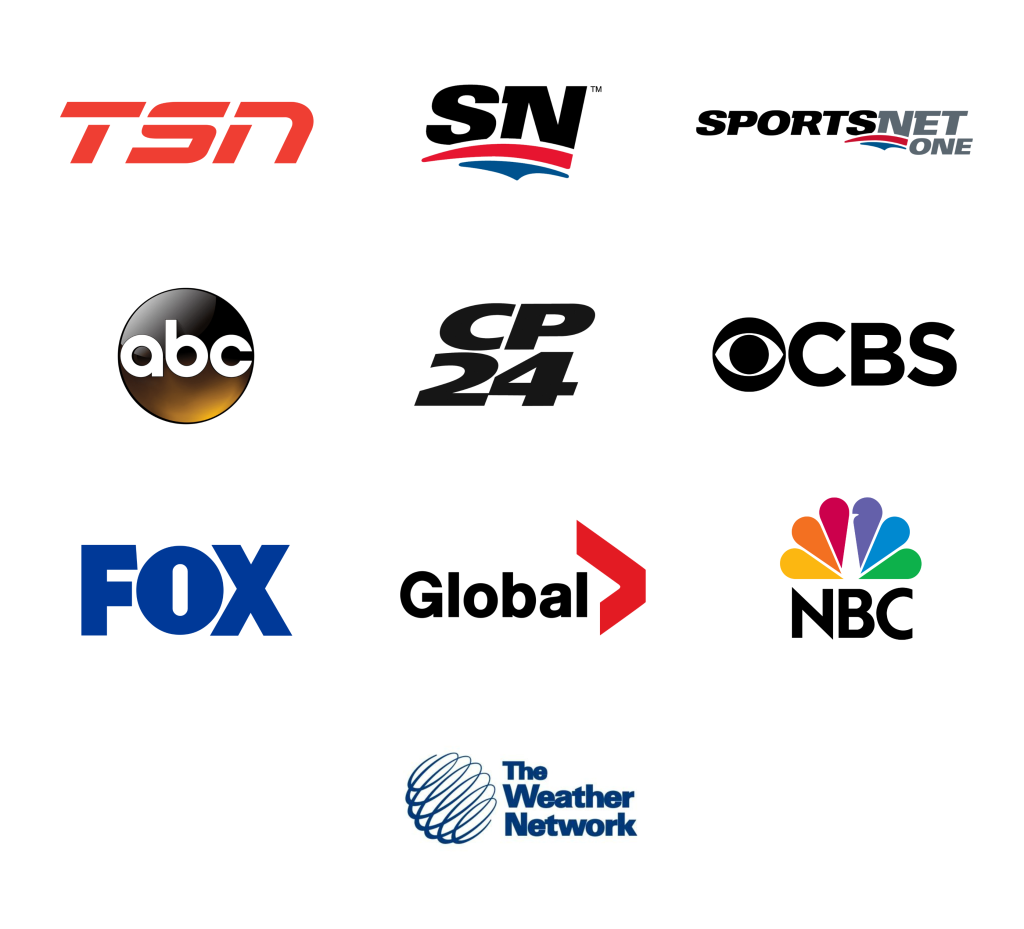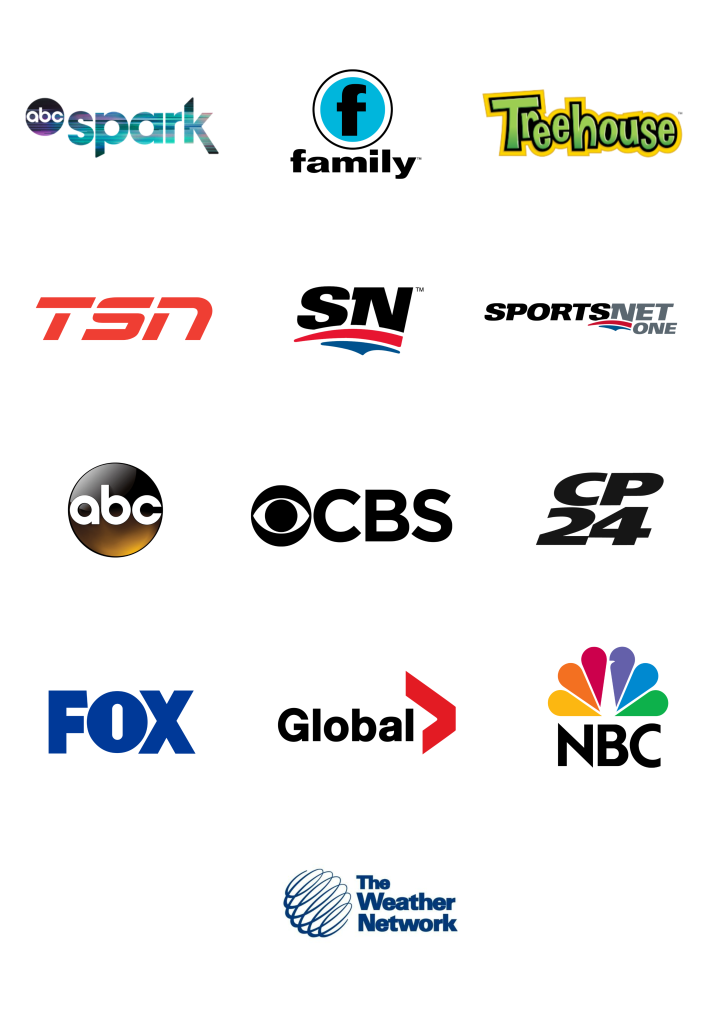
 Jul 24 2023
Jul 24 2023
Canada may be one of the most economically and technologically progressive countries across the globe, but life isn’t always the same across different cities. Depending on where you live, you may not experience the same economic and technological standard that other cities may offer, especially the most populated and advanced ones. One aspect of life where these differences can be most apparent is in terms of connectivity.
As it’s often said in real estate, location is everything. While any internet service provider (ISP) can reportedly offer the fastest internet speeds, the reality is, actual speeds can vary based on where you are. There’s a good chance that the fastest internet speed—the one you want—isn’t available in your location. As a result, you may be stuck with a speed too slow.
So, before you choose an internet provider, it’s important to make sure that they can deliver. To get the best, cheapest internet, you need to choose the right ISP and get the speed you need, no matter where you are. Find out all about the different speeds across cities, and learn how you can get the best internet service, only from Comwave.
If you’re wondering why your internet is slower than what you should be getting, the first answer is often to diagnose your current connection and look at factors inside your home that may be affecting your speed.
Some common culprits include:
But what if your connection is slow even when your internet plan is the fastest, you recently upgraded your modem, router and devices, and there are no other factors inside your home that could be causing it?
Then, the answer is outside your home. There’s a very good chance that your location is the reason why your internet is slow. Where you live is one of the factors that determine whether you get the best and cheapest internet.
While Canada has some of the world’s fastest internet speeds, this is often only true for major urban centres. On the National Broadband Internet Service Availability Map, you can easily see that access to internet providers, a wide range of plans and fast internet speeds is concentrated in big cities like Toronto, Montreal, and Vancouver.
Meanwhile, rural areas and northern provinces and territories have a much more limited choice of internet providers and plans. Due to a larger population in cities, many ISPs have invested in the necessary infrastructure to deliver the fastest internet speeds. With the population and therefore demand in rural areas smaller, there hasn’t been much incentive to set up new internet infrastructure; if there is, it often results in higher costs for residents to reach the same levels of data consumption as their urban counterparts.
Despite these differences, it’s important to remember that the Canadian government has set standards for home internet. When choosing an ISP, make sure that they meet the standard and you can get at least the basic speed.
Recently, the Canadian Radio-television and Telecommunications Commission (CRTC) announced that they are setting new targets for internet speeds in order to reflect growing demands for the best and cheapest internet that Canadians need to participate in the digital economy.
According to the CRTC, homes should be able to access speeds of at least 50 Mbps for downloads and 10 Mbps for uploads. Further, the CRTC also aims to ensure that 90% of homes across Canada have access to these minimum service levels. These targets are certainly encouraging, but more work certainly needs to be done in order to ensure that Canadian cities get the best, cheapest internet.
Fibre internet is the future of internet connectivity. It’s currently the best and fastest type of internet connection, but current gaps in availability persist with fibre.
The biggest factor causing this is infrastructure. Installing fibre optic cables is labour-intensive, often requiring providers to excavate streets in order to lay new lines. Because it costs a lot, many providers are inclined to start this work in big cities where demand is high and guarantees that they can recoup their costs.
For cities where fibre internet is available, upload speeds have been found to be 12 times faster than broadband and provide up to 11 times more advantage in major Canadian cities. Previously, upload speeds were known to be much lower than download speeds, essentially requiring more bandwidth to send data over the internet than receive it. But with fibre, both speeds are parallel, resulting in a massive jump in previously lagging upload speeds.
As you’ve seen, the availability—and quality—of home internet varies across cities in Canada. And while your location is a major factor in the internet speeds you get, that doesn’t mean you can’t get the best internet service.
When you choose Comwave as your ISP, you get a lot more than you bargained for. Now, you can get the best internet speed available in your area, at the cheapest prices. Start by finding out how much internet speed you need and the best way to get it. Whether you need just the minimum speeds or ultra-fast 1 Gbps speeds, Comwave lets you choose how fast you’re connected, at the best value for your budget.
Want to upgrade your speed or find out if you’re getting the best internet service in your city? Choose Comwave as your ISP. Check out our Comwave internet plans for the best and cheapest service.

Comwave is Canada’s largest independent communications company, offering home internet, TV and phone services at some of the best prices in Canada.
1-866-542-6694© 2024 Comwave Networks Inc. All rights reserved.
911 has certain limitations versus traditional E-911. Details at www.comwave.net/legal



First, let us know where you live so we can make sure that we can provide service in your area.